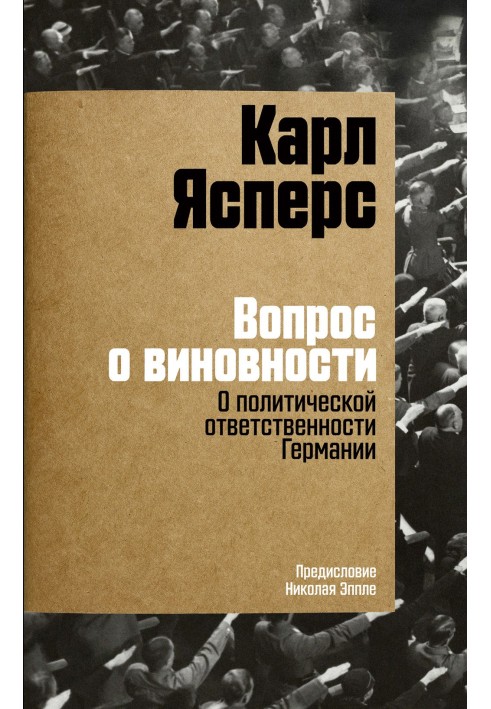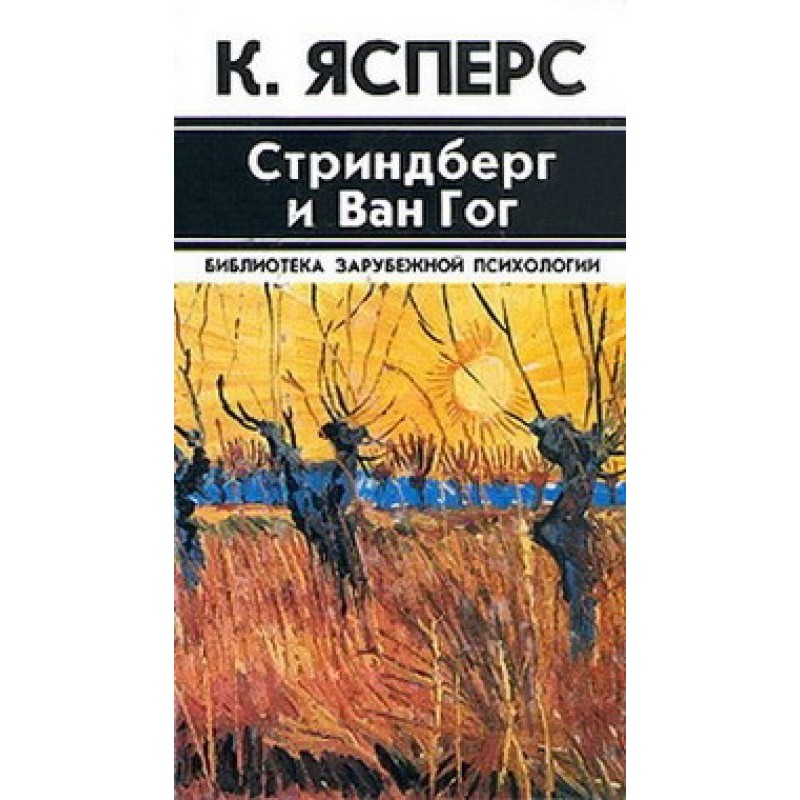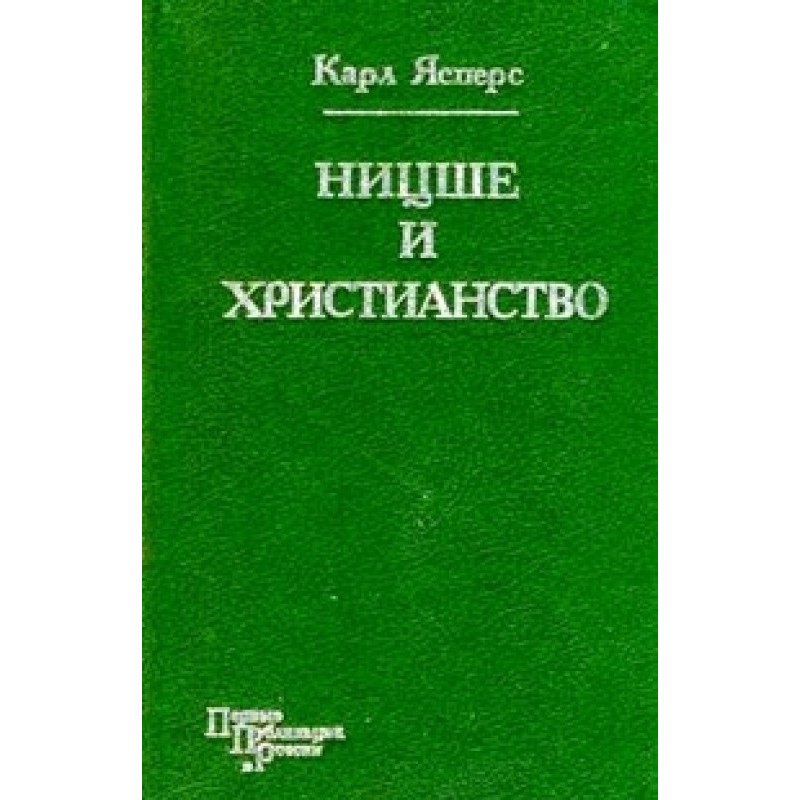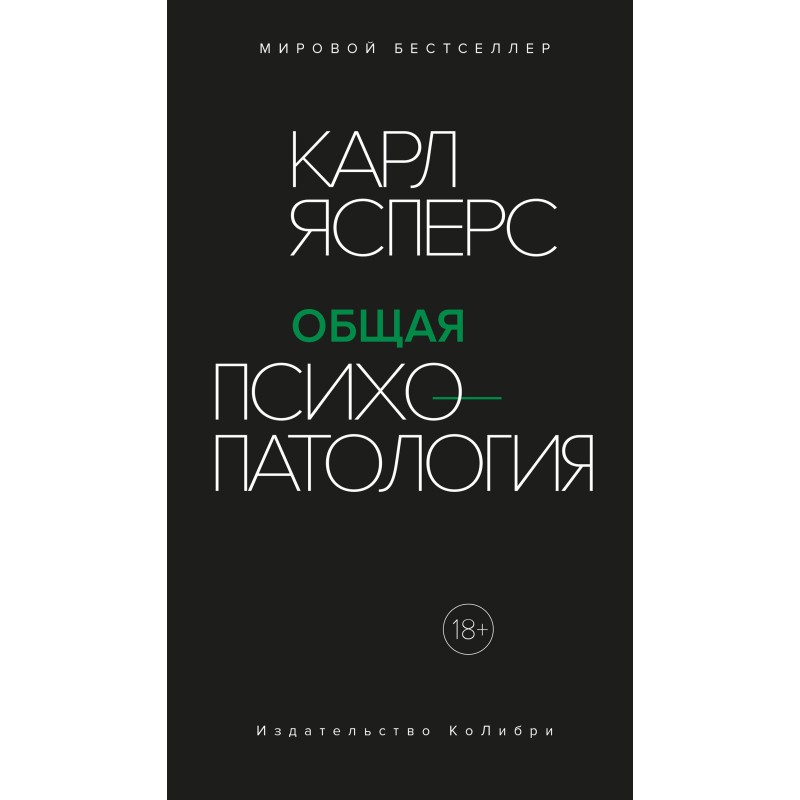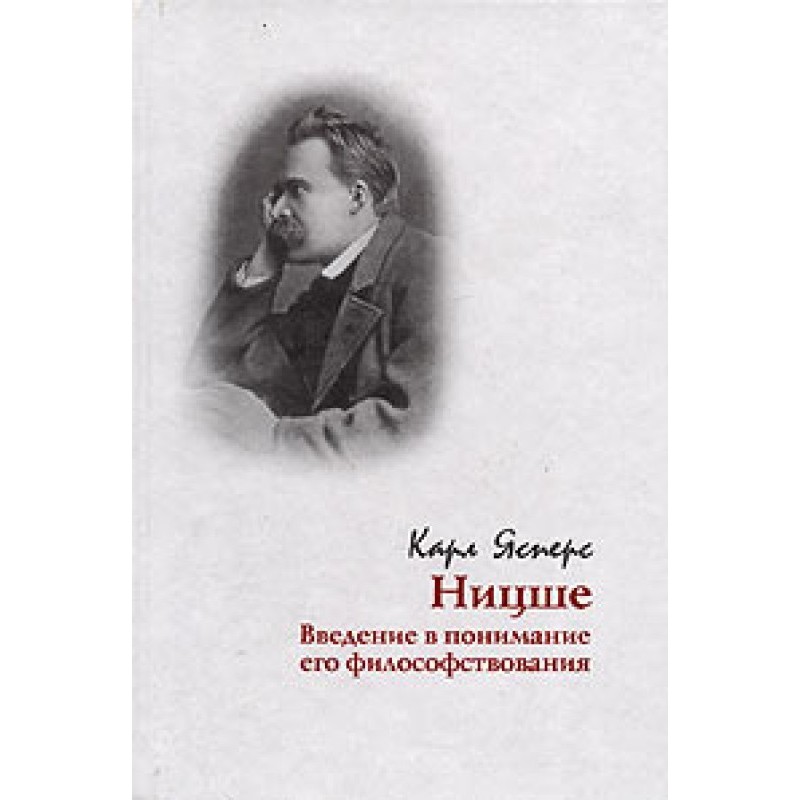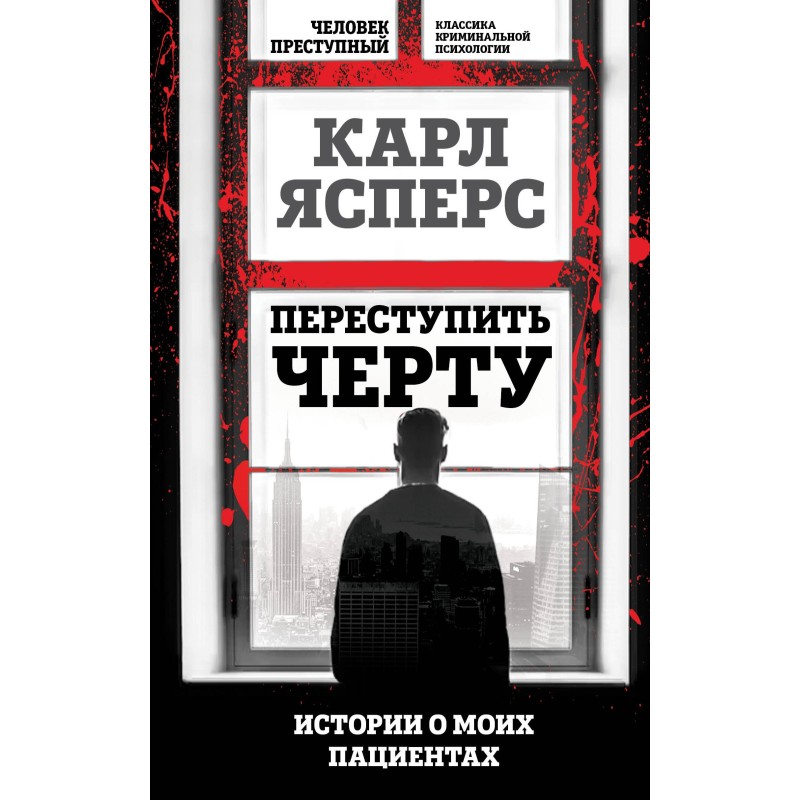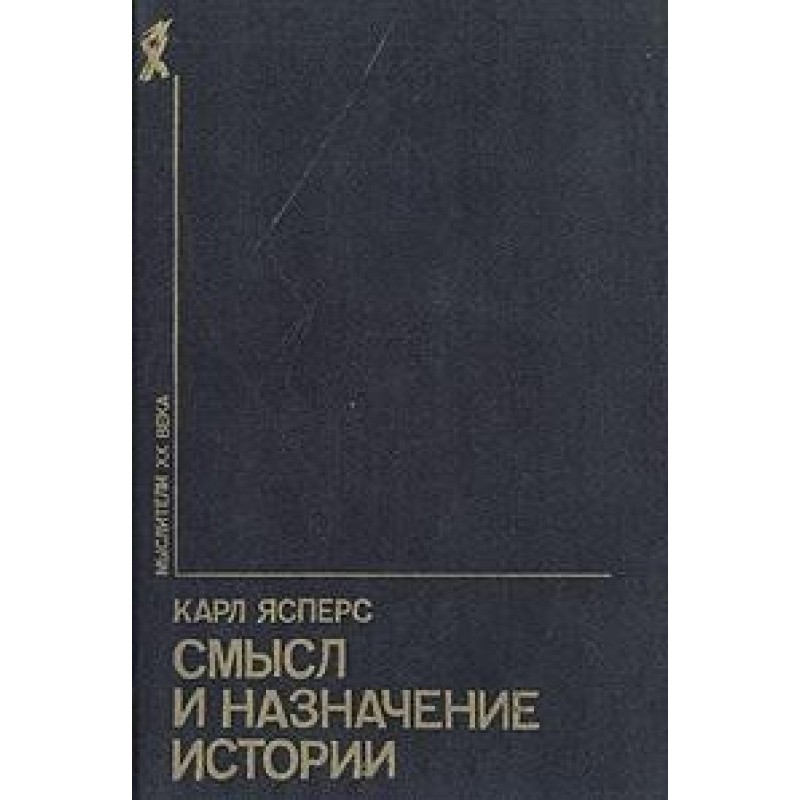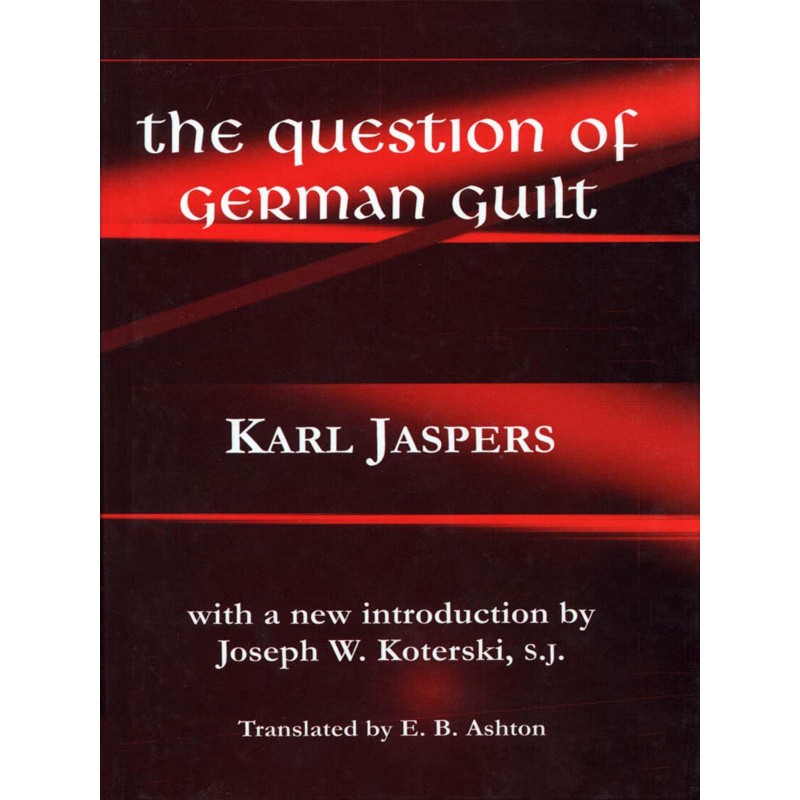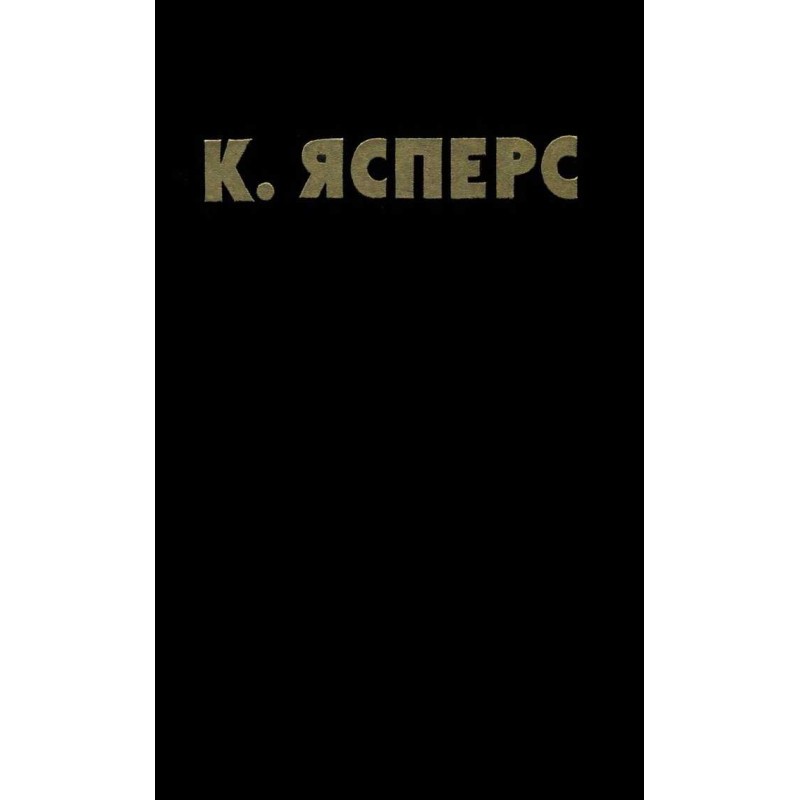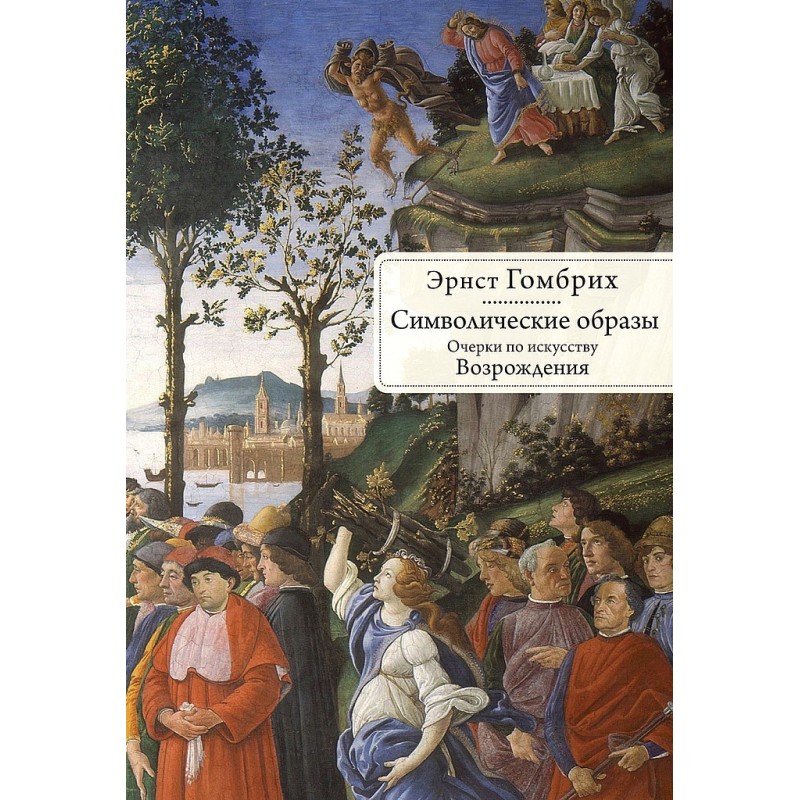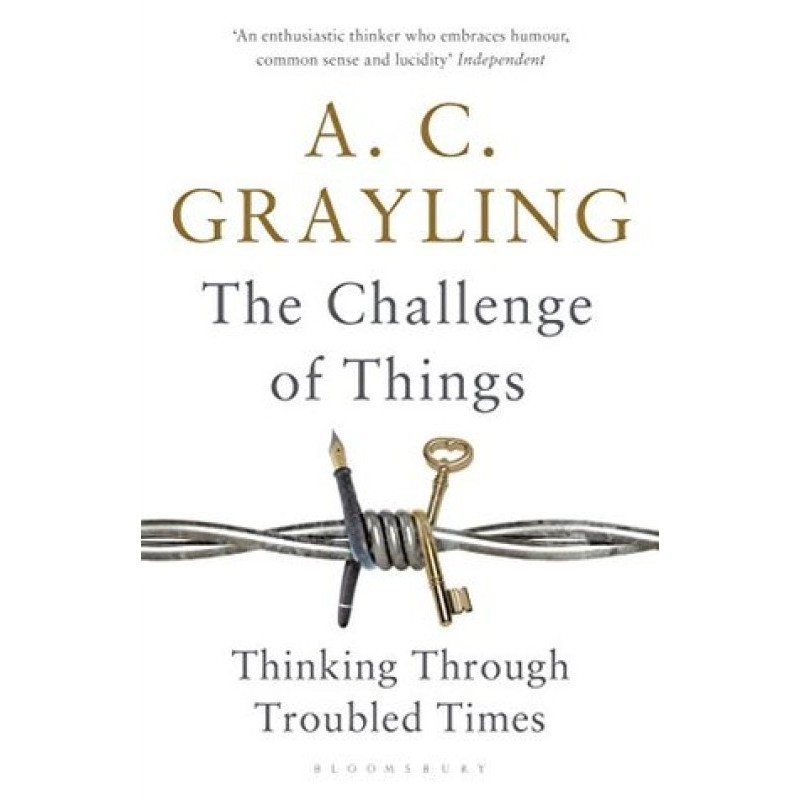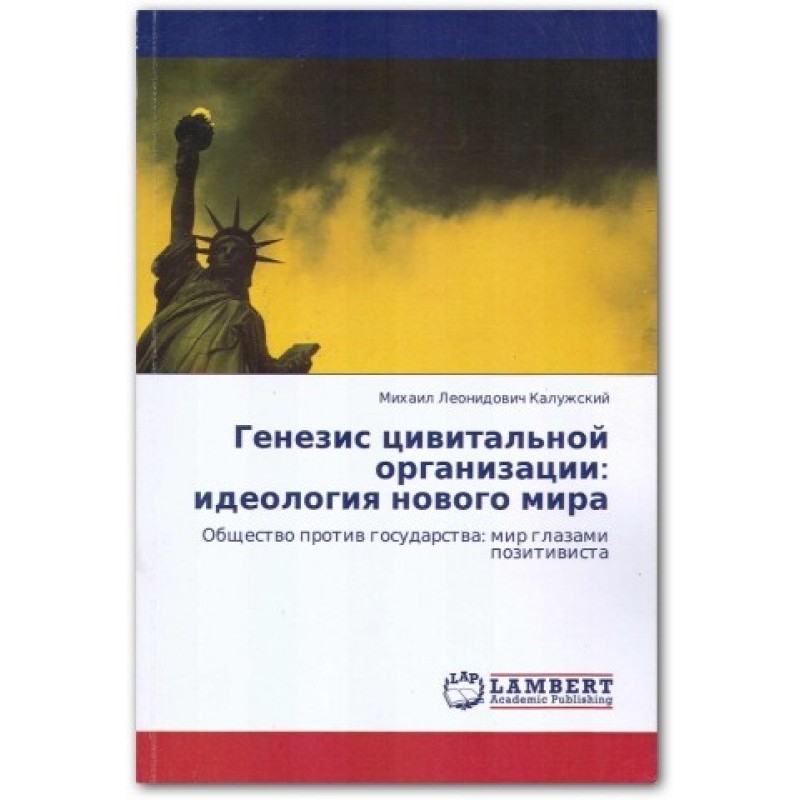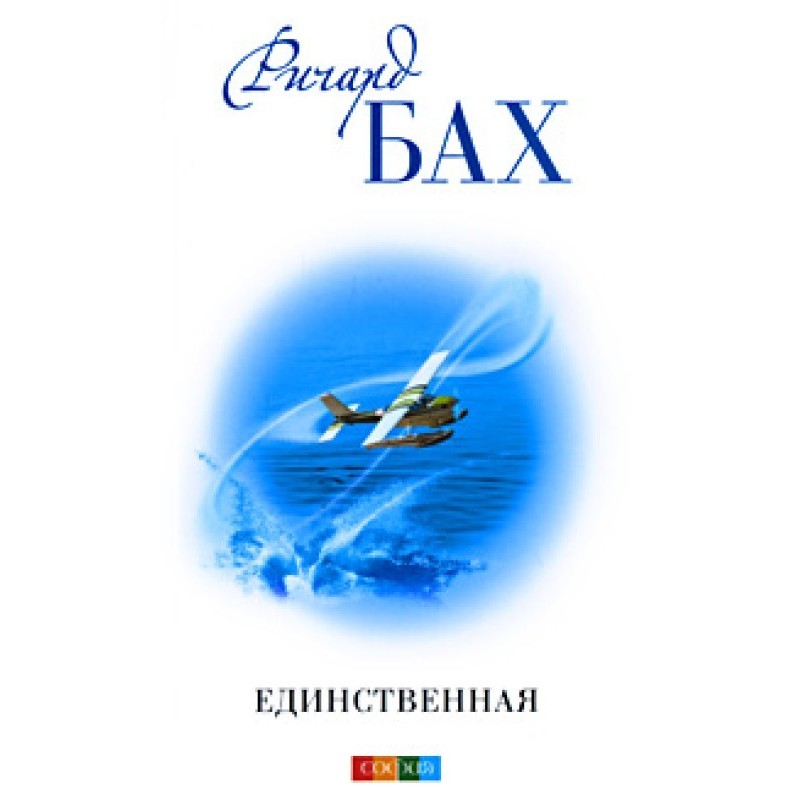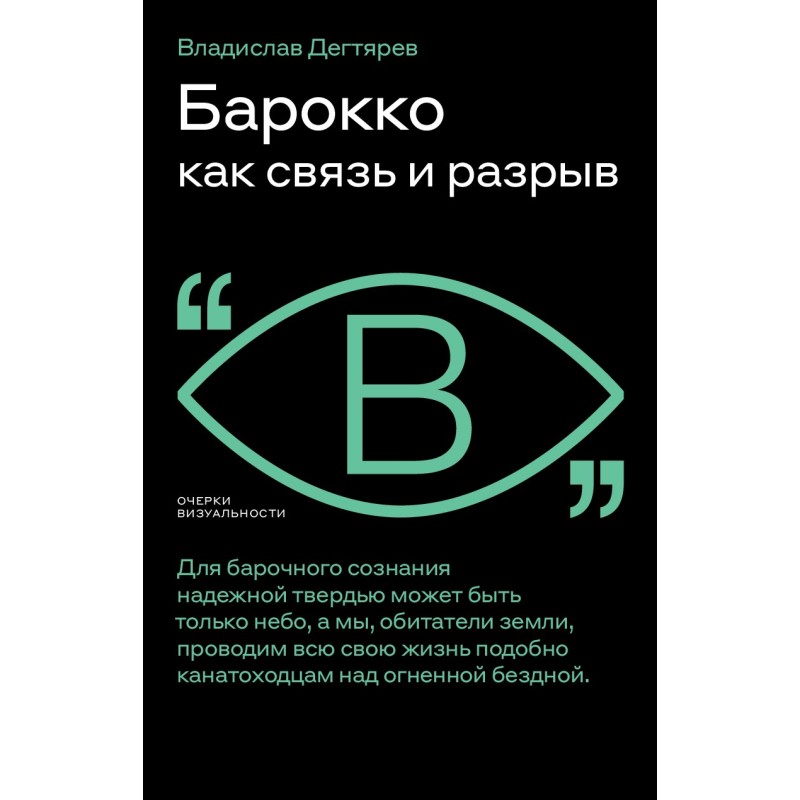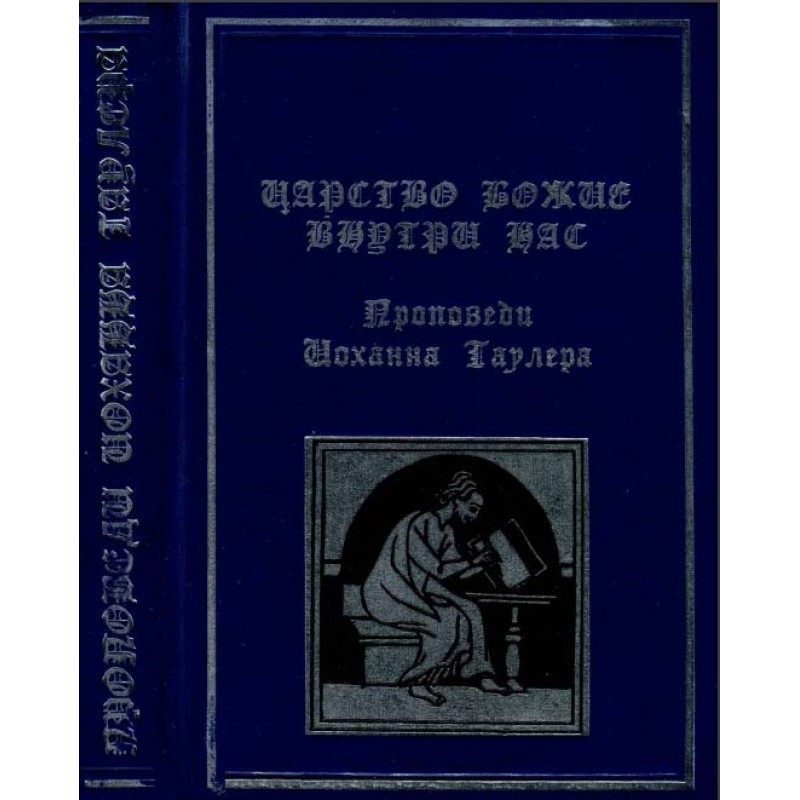The question of guilt. On Germany's political responsibility
 Instant download
Instant download
after payment (24/7)
 Wide range of formats
Wide range of formats
(for all gadgets)
 Full book
Full book
(including for Apple and Android)
A treatise by the greatest thinker of the 20th century, German philosopher, psychologist and psychiatrist Karl Jaspers, written by him after the defeat of German fascism, during the days of the Nuremberg trial of Nazi criminals. At that time, defeated Germany lay in ruins, and society was in confusion and deep depression. The German people were faced with the task of reassembling themselves, developing a new national identity - “remelting, being reborn, throwing away everything harmful.” Jaspers raises the vexed question of whether all Germans bear responsibility for the crimes of the Nazi regime, and for the first time distinguishes between four types of culpability: legal, political, moral and metaphysical. The treatise is published in the classic translation by Solomon Apt. “The question of guilt is even more than a question of others to us, it is our question to ourselves. Our current worldview and self-awareness depend on how we answer it deep down. This is a matter of life for the German soul. Only through it can a turn occur that will lead us to a renewal of our essence. When we are declared guilty by the victors, this, of course, has the most serious consequences for our existence, is of a political nature, but does not help us in the most important thing - to make an internal turn. Here we are on our own." "If I did not risk my life to prevent the murder of others, but was present, I feel guilty in a way that no legal, political, or moral explanation will do. The fact that I continue to live when this happened is an indelible guilt on me." "Even in war you can curb yourself. Kant’s position “in war it is impossible to allow actions that make reconciliation in the future simply impossible” - Hitler’s Germany was the first to neglect this position in principle. As a result of this, violence, which has been essentially the same since primitive times, but depends on technology for its destructive capabilities, knows no limits today. Starting a war in the current situation in the world is what is monstrous.” For whomFor everyone who is interested in issues of philosophy, ethics, historical memory, rethinking historical traumas, collective guilt and responsibility, as well as the history of Germany after the Second World War.
Data sheet
- Name of the Author
- Карл Ясперс Теодор
- Language
- Russian
- Translator
- Соломон Константинович Апт

